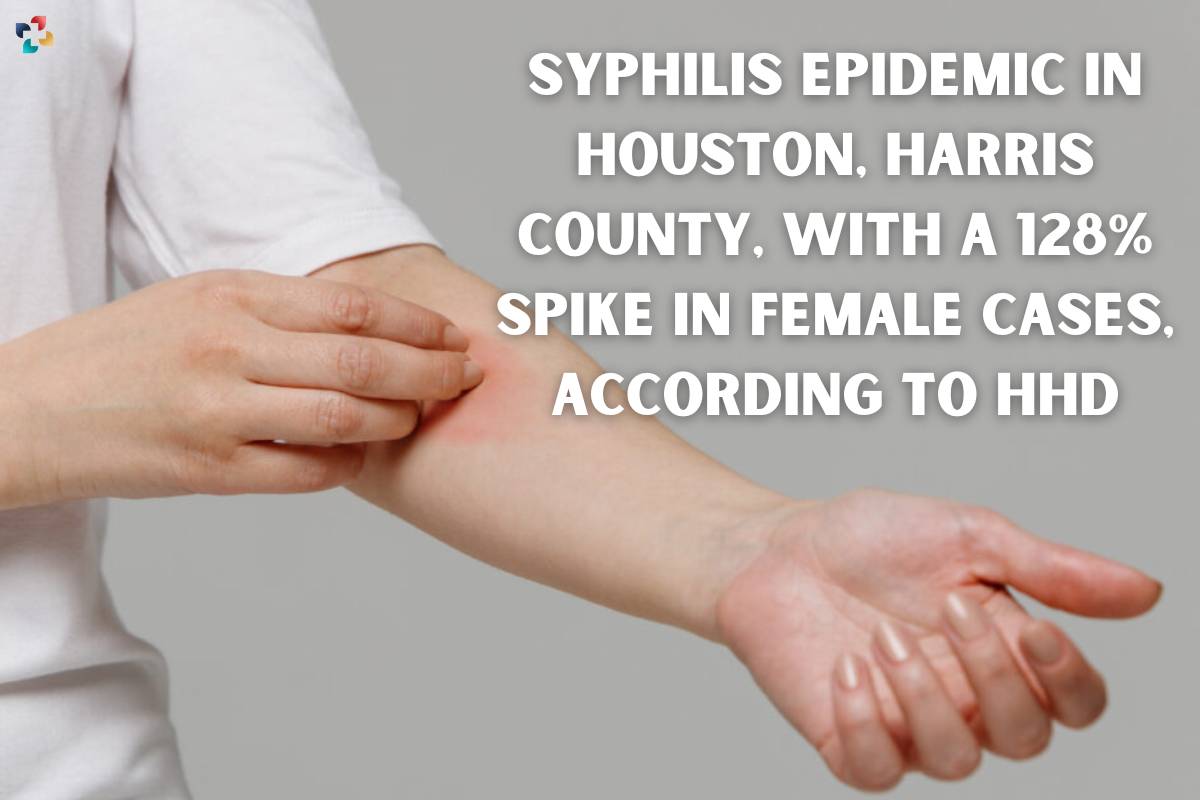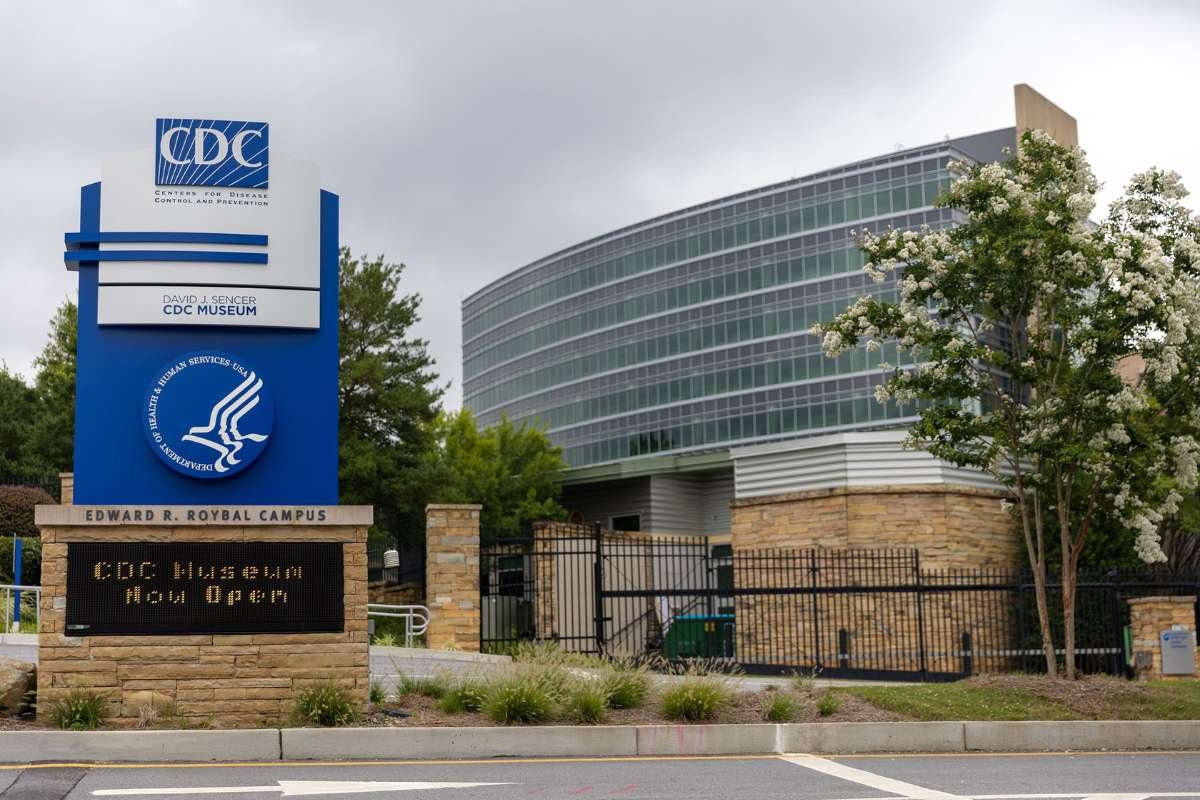In Houston and Harris County, syphilis infections have increased by 128% among women and by nine times among congenital cases, according to the Houston Health Department (HHD). The department said that as a result, they will start a quick outreach response that includes expanding screening opportunities, concentrating on hotspots, and organising neighbourhood partners to stop new infections.
According to HHD’s figures, infections increased by 57% between 2019 and 2022, from 1,845 to 2,905. 674 female instances were reported in 2022, more than double the 295 occurrences reported in 2019. From 16 instances in 2016 to 151 cases in 2021, the most recent year for which statistics are available, congenital syphilis increased dramatically.
Marlene McNeese Ward, deputy assistant director at the department’s Bureau of HIV/STI and Viral Hepatitis Prevention, emphasised the importance of prenatal care and syphilis testing for expecting mothers in order to save themselves from an infection that could cause the infants’ deaths. “Three syphilis tests must be administered to pregnant women during their pregnancy.”
According to HHD, women should get tested at their first prenatal appointment, in the third trimester, and at the time of delivery. Untreated syphilis during pregnancy might cause a stillbirth or a baby’s death shortly after birth.
In reaction to the outbreak, HHD will waive all clinical fees for sexually transmitted infections (STI) at their clinics. Additionally, based on data from disease monitoring and case management, they will put up their HIV/STD mobile clinic in hotspots and expand it to include more community screening locations.
To raise awareness of the outbreak and improve testing and treatment, the department is also partnering with community-based partners and medical professionals. The painless sore that forms at the site of sexual contact during the disease’s first stage increases the risk of catching HIV when you have syphilis. According to HHD, there are three types of new syphilis infections: main, secondary, and early latent.
Antibiotics are a simple way to cure syphilis, but without proper care, the infection proceeds to the secondary stage when one or more areas of the skin develop a rash, which often appears on the palms and soles and is usually non-itchy. Other second-stage symptoms, according to HHD, can include fever, swollen lymph nodes, sore throat, patchy hair loss, headaches, loss of weight, aches in the muscles, and weariness.
The majority of the time, the infection goes unnoticed because the signs and symptoms are ignored or incorrectly understood. The bacterium that causes syphilis, Treponema Pallidum, persists in the body if left untreated and starts to harm the internal organs, such as the liver, brain, nerves, eyes, heart, blood vessels, bones, and joints.
The department advises medical professionals to report syphilis infections right away in order to hasten diagnosis and treatment for those who have the disease through sexual contact. Those with a history of syphilis infection can contact the department at 855-264-8463 for medical information.
Syphilis Testing Is Advised By The Department For:
- First prenatal appointment, third trimester, and delivery (as required by state law),
- Individuals who engaged in unprotected intercourse
- Men having secret sex partners
- People who have several sex partners
- Individuals who have recently received a sexually transmitted disease diagnosis, such as HIV, Chlamydia, or gonorrhoea.








